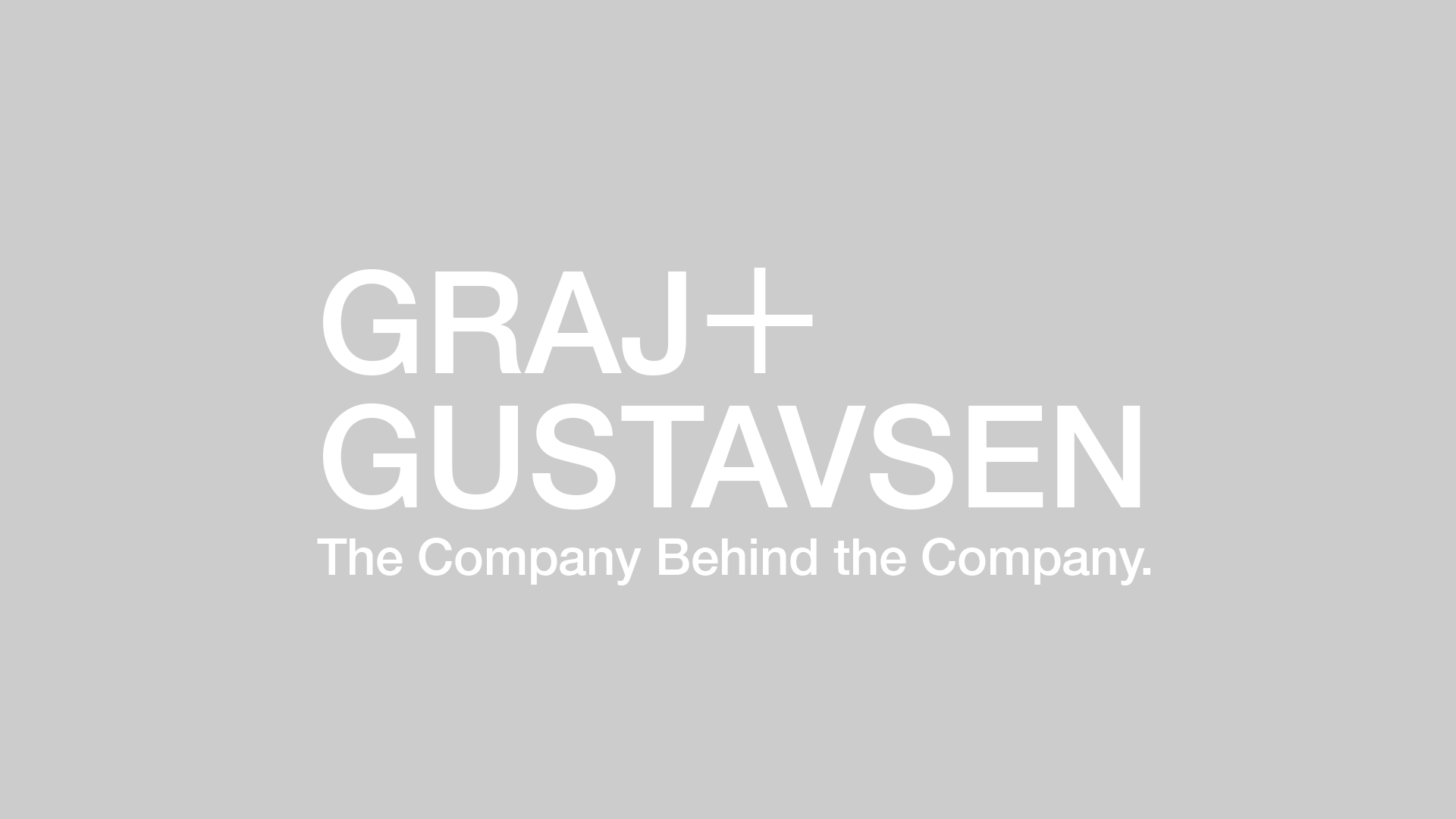Ideas go in and out of fashion.
Any fool knows that.
A far more interesting premise: It’s not just ideas that lose their shine. A certain species of idea may be on the rise or decline.
Through the twentieth century, thinkers specialized in A-to-Z idea packages that tied together a consolidated picture of something with a neat little bow.
We had the Theory of Relativity and Keynesian Economics . . . Nouvelle Cuisine and zone-defense football . . . not to mention political philosophies galore.
Civilization has favored handing out medals for complete systems of thought.
Not any more: The big idea of today is fundamentally open-ended.
Today’s big ideas are crowdsourcing friendly.
That’s not to say crowdsourcing is a totally new approach. Back in 1714, for instance, the English parliament created a Longitude Prize. It offered enticing rewards for seafaring apps and handed out thousands of pounds for easy, reliable methods to compute a ship’s longitude and improve shipping safety. Critical advances resulted.
The Longitude Prize was a way of asking the right question, but the parliamentarians didn’t have Web 2.0 to put the question out on everyone’s screen. Modern technology makes asking exactly the right question what big ideas are all about.
Today’s platinum-grade idea is an engaging platform that can be shot into cyberspace and whirl around in millions of minds. Aggregations of kindred ideas germinate at lightning speed into kaleidoscopic thought constellations.
Wikipedia . . . the iPhone . . . or, the millions of beta-testers Microsoft crowdsourced to refine Office 2010.
Wikipedia is an unbeatable example.
Between March 2000 and the end of 2001, Wikipedia exploded from being a novel idea to a reality with entries in 18 languages. By August 2009, Wikipedia was adding an average of 1,300 articles a day. It has amassed an estimated 15 million entries today.
As a comparison, the French philosopher Denis Diderot labored with limited collaborators for some 22 years – often pitted against police censors – before the finals volumes of his groundbreaking encyclopedia appeared in French in 1772 with 70,000 articles.
The critical difference between Diderot and Wikipedia: The ability of technology to harness the efforts and passions of thousands and thousands of volunteers to fill in the blanks.
Behind-the-scenes people are increasingly the heroes on the modern idea landscape. However, it takes a new breed of pioneers – like Jimmy Wales and Larry Sanger – to ask the right question and issue the invitation.
Have a big idea? Terrific! Have another. You probably can. Fixation is likely the result if you don’t keep cooking in the idea kitchen.
“Nothing is more dangerous than an idea when it is the only one you have,” wrote another French philosopher, Emile Chartier. A caution worth heeding.

